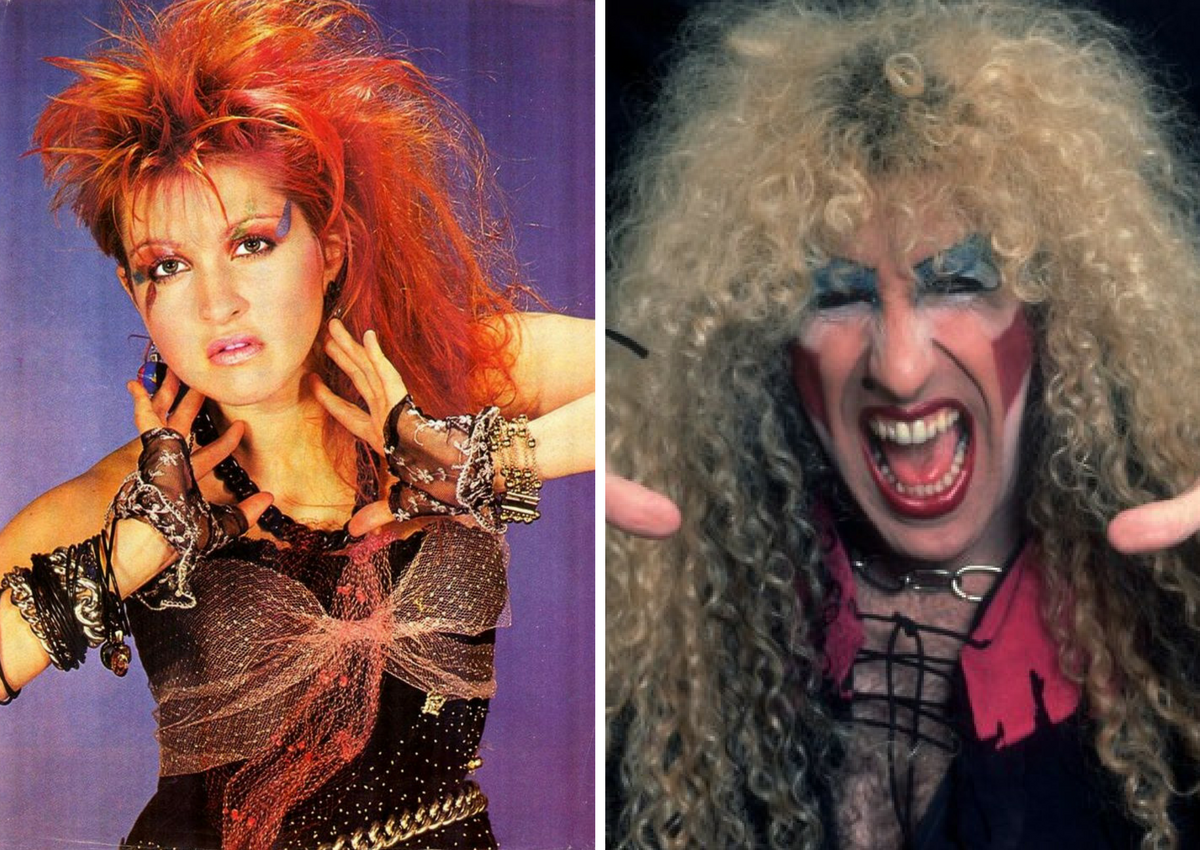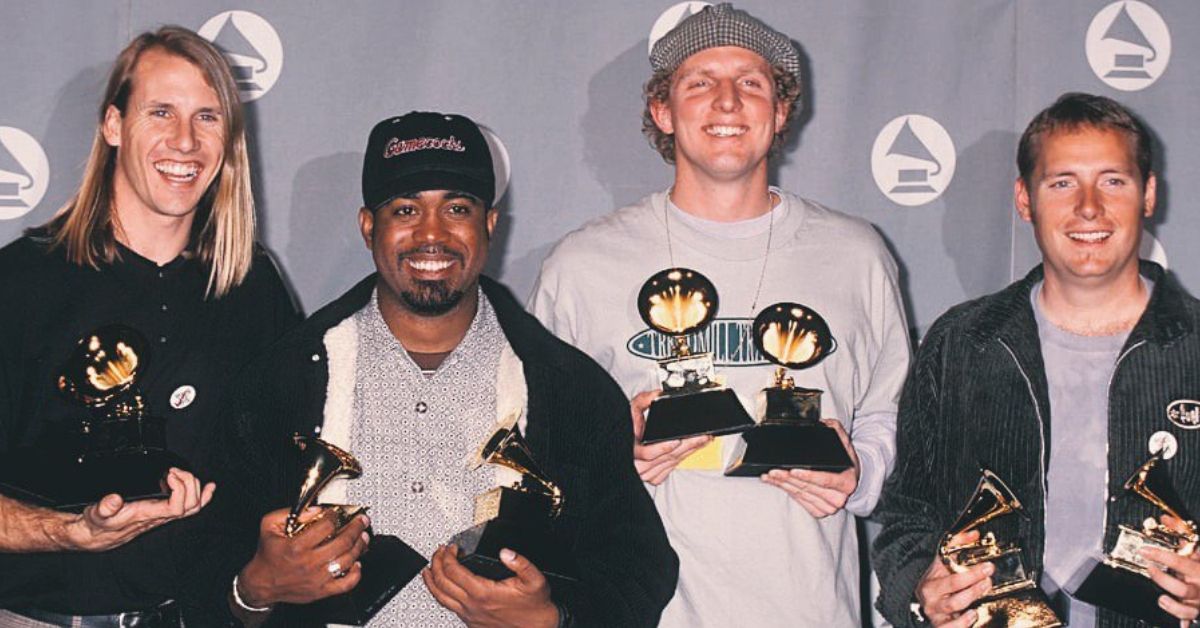
Pop Culture | Music | 80s
In 1985, Parents Tried To Get The Government To Ban These 15 Songs

Founded in 1985 by Tipper Gore, wife of America's future Vice President, The Parents Music Resource Center, or "PMRC," was a lobbyist group dedicated to censoring and banning what they considered to be "offensive" music. This movement picked up enough speed that there was a congressional hearing on the possibility of banning these 15 songs.

This ultimately lead to the infamous "Parental Advisory" labels being added to CD covers by the Record Industry Association of America. When we go back and look at these songs now, it's almost hilarious how tame they are in comparison to some of what's come since.
Prince - "Darling Nikki" (suggestive themes)
This seems like a bit of a weird pick given you could basically pick just about any Prince song for suggestive themes, but this was the song that led Tipper Gore to found the PMRC in the first place.
Sheena Easton - "Sugar Walls" (suggestive themes)
Written by Prince (no big surprise there), this ode to the female side of getting it on was never subtle about its themes. Easton herself was candid at the time, saying "Go watch the news and watch violence if you don't like this."
Judas Priest - "Eat Me Alive" (suggestive themes)
Singer Rob Halford described the song as a "fun S&M, rock, sex song. But the PMRC twisted it into some kind of snuff song, which is ridiculous." It's pretty tame by today's standards.
Vanity - "Strap On Robbie Baby" (suggestive themes)
Released the same year the singer would pose nude for Playboy, Vanity was never shy about her themes in either her personal life or her music.
Mötley Crüe - "Bastard" (violence)
The PMRC's efforts to censor the song ended up being a huge boon for the band. As singer Vince Neil described, "Once you put that sticker on, that parental-warning sticker, that album took off. Those kids wanted it even more."
AC/DC - "Let Me Put My Love Into You" (suggestive themes)
Having already become rock gods at the time, AC/DC were candid about their thoughts on the controversy, with singer Brian Johnson saying in their Behind The Music documentary "[With the PMRC,] you got idiots like Tipper Gore, who really is a twit."
Click to the next page for even more songs that were almost banned in 1985!
Twisted Sister - "We're Not Gonna Take It" (violence)
Frontman Dee Snider actually showed up to a congressional hearing (alongside Frank Zappa and John Denver) to debate about music's right to be vulgar, and how it's a parent's responsibility to manage their child's listening habits.
Madonna - "Dress You Up" (suggestive themes)
Madonna built her career on being provocative and suggestive, and how the PMRC singled out one song is a surprise. "I like to provoke; it's in my DNA," said the singer on her controversy.
W.A.S.P. - "Animal (F*** Like A Beast)" (suggestive themes)
One of the most over-the-top bands of the 1980s, W.A.S.P. cultivated a controversial image from the start. Between raunchy songs, tons of black leather, horror imagery, and songs like this, they were every parent's nightmare.
Def Leppard - "High 'n' Dry (Saturday Night)" (drug and alcohol use)
One of the ultimate party songs from a decade that was full of them, it feels positively quaint compared to plenty of songs released on the subject since.
Mercyful Fate - "Into The Coven" (occult)
Danish metal band Mercyful Fate, and especially their singer, King Diamond, made an entire career off shocking audiences with their occult imagery (King's mic stand was made of real human bones). Really they could've picked any song off this album.
Black Sabbath - "Trashed" (drug and alcohol use)
A band with a solid career of 10+ years and no shortage of controversy under their belt, Black Sabbath seemed unphased by the controversy. Then-frontman Ian Gillan (of Deep Purple fame) quipped "Professionally, I would say that someone needs their head examined."
Mary Jane Girls - "In My House" (suggestive themes)
An all-girl group consisting of Rick James' backup singers, Mary Jane Girls had this to say: "We say things that a lot of women are afraid to say and in a lot of relationships, lack of communication is what breaks you apart."
Venom - "Possessed" (occult)
One of the most influential underground metal bands on the late 70s and early 80s (they would be massive influences on big names like Metallica and Slayer), frontman Conrad "Cronos" Lant stated that "Rock & roll is basically entertainment and that's as far as it goes."
Cyndi Lauper - "She Bop" (suggestive themes)
Never one to shy away from being provocative, Lauper's response at the time was to reiterate that "a bop a day keeps the doctor away."



